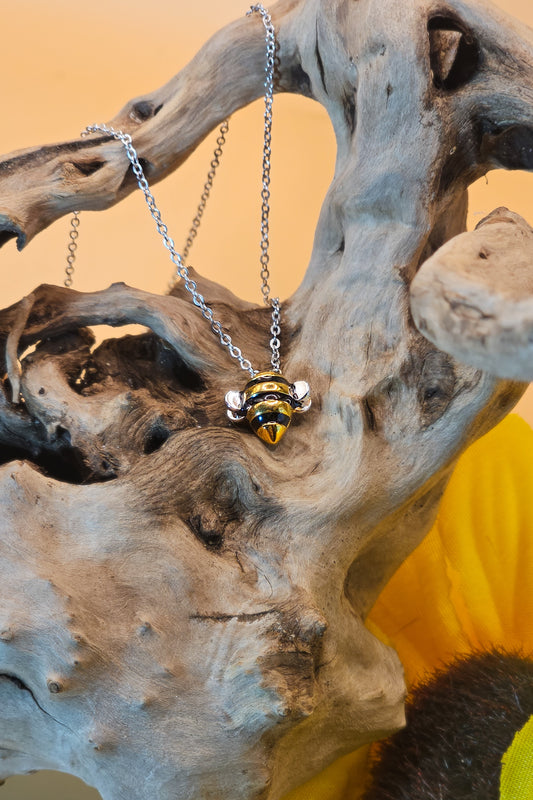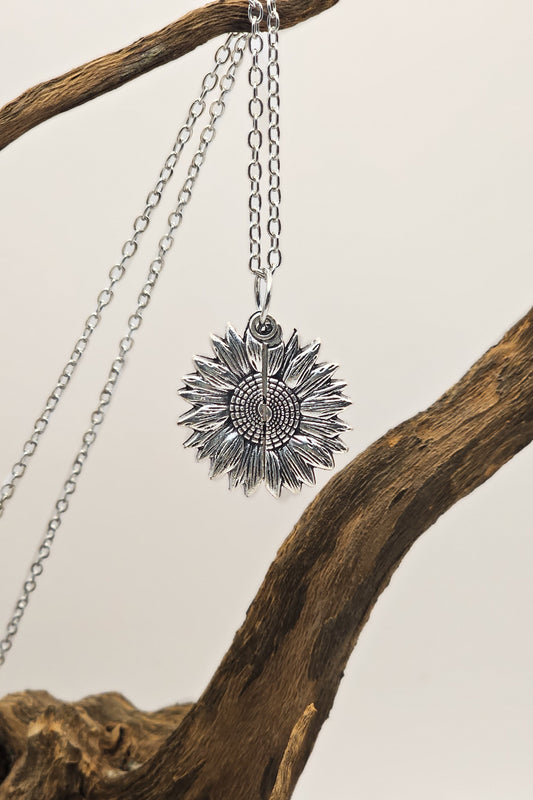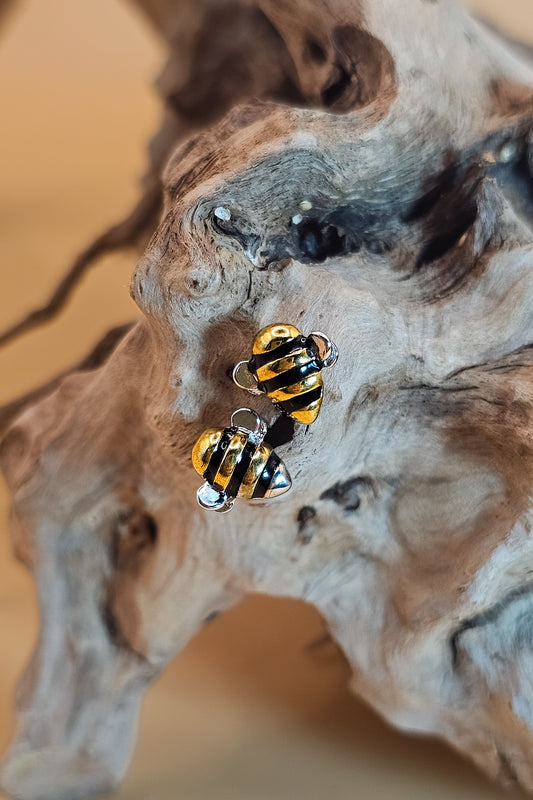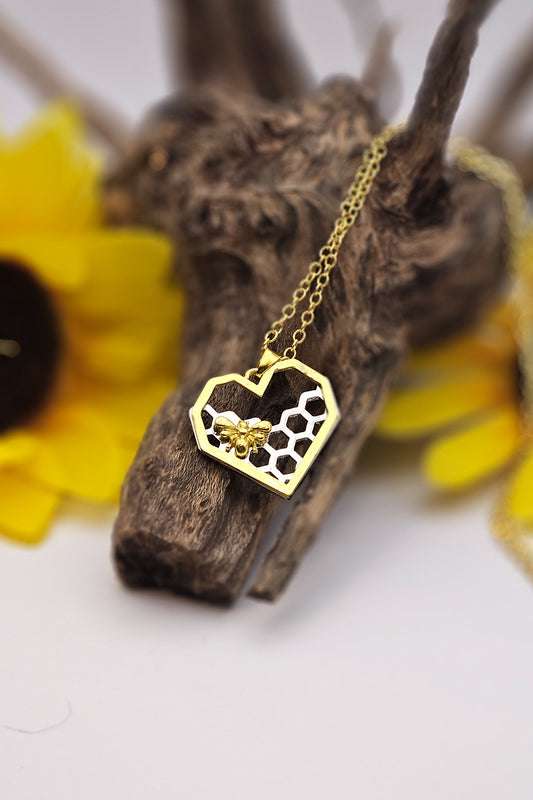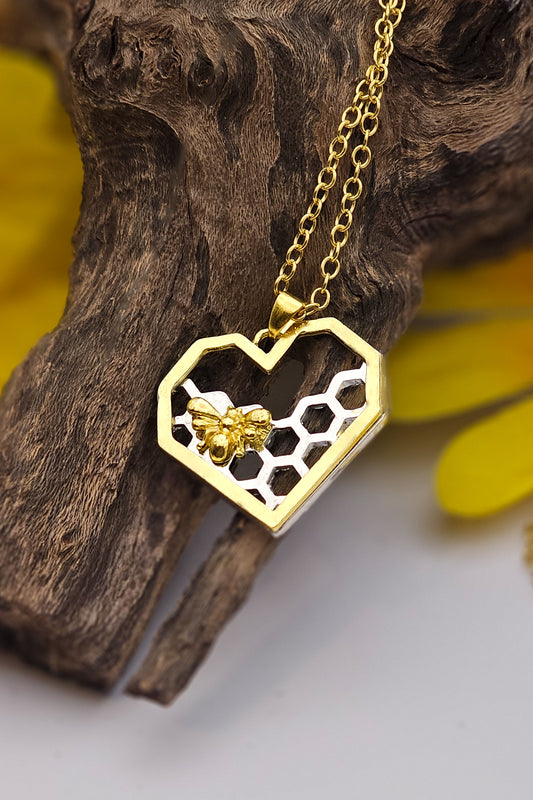Half Mad Honey is an unusual apiary in Philadelphia, Pennsylvania, founded by Amelia Mraz and Natasha Pham.
Mraz grew up with a fear of bees. While studying for her undergrad psychology degree, she took a beekeeping class in 1986 that helped her walk through her childhood fears, and literally emerge on the other side. The field work took her into a swarming mass of tens of thousands of bees, where she experienced incredible calm and focus.
Pham, a private school chef, was not a bee lover either growing up. Since she connected with Mraz in 2019 while in pursuit of local honey, all that has changed, too.
Mraz and Pham became close, with Amelia teaching Natasha beekeeping. She began to see the benefits bees brought into her life. Terrified and exhilarated, each bee experience left her wanting more.
They experienced so many benefits, like shifting from fear to joy, feeling humility and gratitude, a deeper focus, releasing worries, and being present in serenity. They started bringing people to their hives, to help them with mindfulness and distress tolerance using apiary therapy.
The couple totally fell in love with bees. So much so, that they founded Half Mad Honey in May 2020, a 9-hive apiary. It was named for the concept behind the Mad Pride movement, which destigmatizes mental illness, and as a nod to mad honey, a hallucinogenic honey (we blogged about this) from Nepal and Turkey. Pham says since their honey isn’t hallucinogenic, they are only half-mad. In addition to apiary therapy, they sell honey (300 pounds this year), and host apiary tours for anyone 5 or older.
This 7:18-minute unrelated video by Inside the Hive TV looks at how apitherapy can ease anxiety:
Previously we blogged about apitherapy in Slovenia, a country where almost all the residents are bee lovers.
At Half Mad Honey, the purpose is to use honeybees for mental health therapy. They were inspired by the Heroes to Hives program, where veterans learn beekeeping skills. Alternative healing practices like music and equine therapy also inspired them.
The result is a unique form of apiary therapy unavailable elsewhere. It deals with the flight-or-fight response we can have to fearful situations, how to master the emotions through mindfulness, and then use these skills in daily life.
The 90-minute sessions remove therapy from the clinical office setting and place it in the apiary. One of the main aims is to bring down the alarm responses and move into a calm place, which makes the bees less alarmed as well. The sessions are held for individuals, groups, and couples.
Participants dress in beekeeping suits, enter the apiary, and start deep breathing to see if there is tension or pain in their body. They may hold honeycomb frames, watch the bees work, search for the queen bee. At certain times of year, they may receive a spoon to try the honey straight from the comb.
Bees have highly sensitive smell detection and pheromones can tell them if animals are stressed. Mindfulness helps reduce stress and fear, so bees are less likely to sting. Inner calm is important, so people don’t swat at bees when surrounded by tens of thousands of them.
The apiary is at a secret location at the Navy Yard. Nevertheless, vandals attacked earlier this year, throwing a sledgehammer at a hive but the bees attacked them. The bees survived and their humans bought them new hive boxes following a fund raiser set up by a friend.
Still a part-time labor-of-love undertaking, Pham and Mraz hope to turn it into a non-profit so even more people can experience what the bees taught them. According to Mraz, bees taught her to trust in herself, trust in the world around her, and to never give up.


